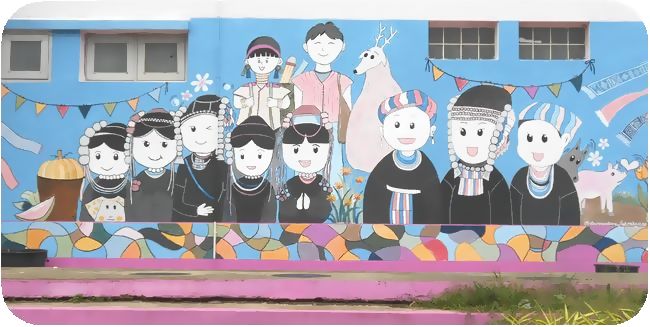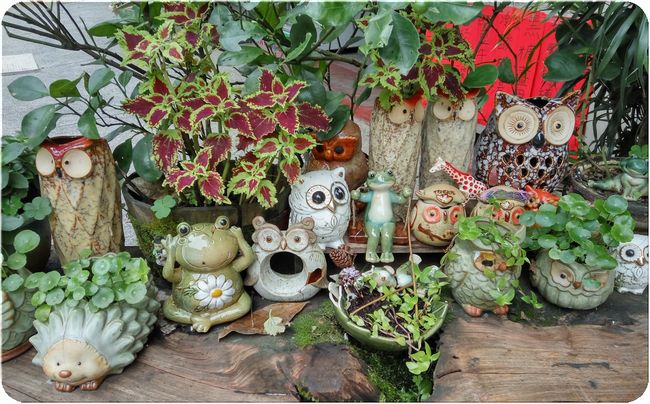
Since I have been volunteering at Tai Chi school for seven years, I quit volunteering in December 2022 because the independent nursing home has proposed introducing a membership fee system instead of holding the class as an event of the facility (independent nursing home). And also the number of members has decreased for a reason. Nationwide, the decrease in the Tai Chi population is announced since the beginning of COVID-19.
Although many people are on the waiting list (persons wishing to enter)* at special-nursing homes for the aged, the number of additional facilities is declining, and private nursing homes are entering an era of competition. It seems like a way to cut costs.
*On December 19, 2022, the Ministry of Health, Labour, and Welfare announced that there were 233,000 people on the waiting list for special-nursing homes for the aged and 213,000 people with 3-5 nursing care needs.
One day, the manager of an A office suggested that “if we introduce a membership fee system, attendance will improve, and the number of participants will increase.” This facility has been operated by Haseko, a major construction company, for over 20 years. It seems that the number increased one after another because the expensive one-time entrance fee can use for the construction costs of the next facility. However, in terms of its operation, it claims to operate 24 hours a day, but it seems that “money” is necessary to ask for anything service even if you are sick.
There is no significant difference in the purchase price, but you must pay the amount for about ten years in advance.
So if you live there for more than ten years, you got merit.
However, Report said that some facilities for the elderly are experiencing problems with early termination (moving out).
Another characteristic of Japan is that there are many female residents in private and special nursing homes (about 80% in this facility). It may be the best idea to work hard and have nursing care for the rest of your remaining life and meals (you can cook for yourself). Or someone who has lost the comfort of being alone and the ties of family. It seems that there are not many people who sell their homes and move in with their spouses.
I have volunteered (Tai Chi, listening, etc.) at 3 or 4 nursing homes, but I won’t compare them.
After constructing nursing homes, Haseko has a subsidiary called Seikatsu Kagakukan (recently changed to Plancière in French), which operates nursing homes and also independent nursing homes, and group homes. There are many in Saitama, and four in the neighborhood of SUCHITOO’s house, so I see mutual use (transition from independent type to nursing care facility, participation in events, etc.) as possible. However, depending on company policy, I won’t go into it this time.
They have invited me to festivals and events held at a facility. They intend to do PR in various ways plans which are fun activities after moving in and recruiting new residents. In addition, They have introduced me to planning consultations and solicitations, such as inheritance in partnership with administrative scriveners and banks.
However, perhaps due to the lack of staff, four facility managers (house managers and office managers) have been replaced in seven years. The general staff members also change frequently, so I hear from residents that they have difficulties communicating with staff.
A cafeteria, karaoke equipment, and a book corner are in the common area of its facility. Gardening is not possible because there is no garden. The rooftop is not open for residents, probably because they judged it dangerous. He spends most of his time in his room, and if he wants to take a large bath, he can go to Haseko’s facility for the elderly nearby. We do not hold funeral ceremonies or farewell parties when a resident passes away (many do not even do at nursing homes for the elderly).
@SUCHITOO doesn’t want to move into a nursing home. First of all, I don’t think there is freedom, but there are “rules” and “group life,” and there are some things that are natural because it is a communal life, but I feel that it is difficult to move in.
What is convenient is that there is always someone to take care of you, which gives you a sense of security. You can eat breakfast, lunch, and dinner as your request. Facility usage fees are other than the burden and Common service fees (management fees) (there is no cost for the house).
The number of users of the national long-term care system is small in independent facilities, information and decisions will depend on consultation with care providers, and I am not sure whether the guardianship system and the public administration departments are well-taken care of. The conclusion is that it is good to stay at home (apartment, etc.) while you can live independently or if you are a mild caregiver. Even in that case, if necessary, you can use the home-visit nursing care system by consulting with an area Comprehensive center operated by the national long-term care insurance. I think that a special-nursing home for the elderly is the best option for those who require serious care.
However, I always feel that the confined type, who is a resident and is not allowed to go out or take a walk, is not a positive for his mental and physical health, so I look at him and comfort him. Also, if you’ve been living in a rented house for a long time, it’s ok, but I’m opposed to selling my home and moving in, but it would not be suggested to live a double life.
Property management is having difficulties, so it is necessary to use the guardianship system and prepare a will as an inheritance. Of course, many residents will be able to live on their pensions, but if you are a couple, you may find yourself in poverty even if you can afford it, so you need to think and prepare about it in advance.
Above are my impressions of volunteering at some nursing homes, and guidelines for his path for more than ten years. I am not talking about this independent nursing home.
On this blog site, I will also post an article on “Infectious Diseases, Depression, and Dementia.”
